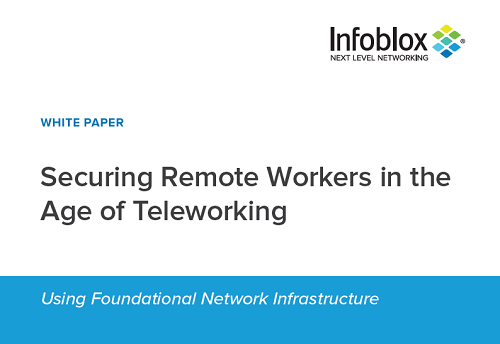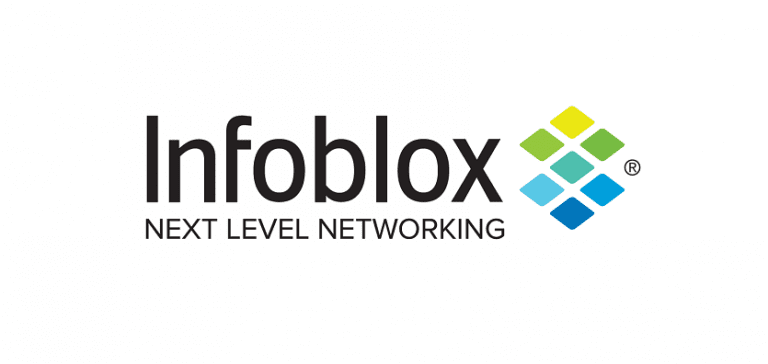Commercial and government enterprises are facing unprecedented challenges due to the coronavirus pandemic. Many private enterprises and government agencies quickly started preparations to enable teleworking for employees.
In a recent survey, approximately 44 percent of consumers with full-time employment have already felt the impact of coronavirus on their business operations, approximately 55 percent have already canceled travel plans, and about 40 percent are reducing face-to-face meetings and increasing the use of video conference tools.
Remote workers are seeking access to enterprise resources from a variety of endpoints, both work-provided and personal, as well as various mobile devices. The challenge, of course, is that many of the cybersecurity procedures used within enterprise facilities won’t work from remote locations without substantial changes, preparation and planning. Unfortunately, due to the abrupt nature of this pandemic, organizations have had very little time to prepare and plan their cybersecurity measures to support a large-scale remote workforce.
As organizations work to support their growing remote workforces, it is important to consider the risks in consumer Wi-Fi connections, document shares on cloud folders and home browsers configured with plug-ins and applications that may introduce substantial risk. Home routers are usually not secure and not patched to the level suggested by their manufacturers. Workers at home tend to view personal email and other non-business websites more often than they do at the office. Such viewings only increase the probability that they will run into “malvertisements” (malware-laden advertisements) that could compromise a worker’s device and eventually the enterprise. Further, attackers are leveraging the widespread thirst for information about the severity of the situation. Workers can easily fall victim to malware-laden links in online forums, social media and small publications whose websites have been compromised. These challenges will remain a constant threat, especially to remote users.
This white paper will address these challenges and share solutions on how to quickly ramp-up security using foundational network services to meet the needs of your enterprise and the rapidly growing remote workforce.


